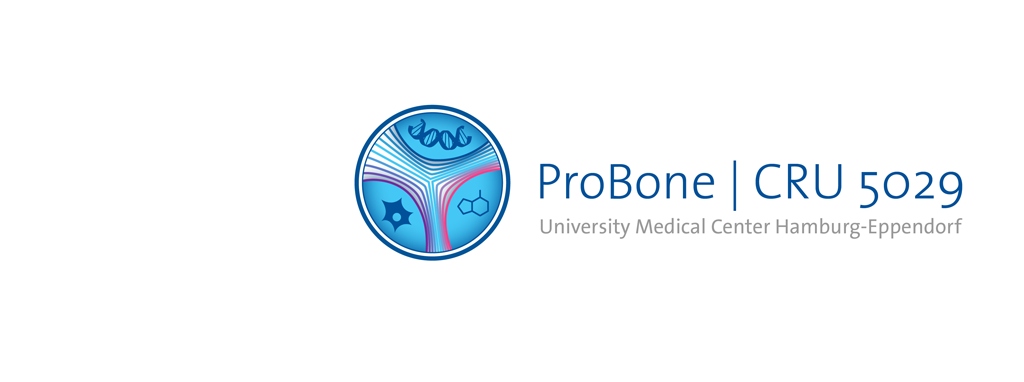Project 3: Identification of novel disease genes for monogenic forms of early-onset low BMD disorders
Description
Primary early-onset low bone mineral density (BMD) disorders belong to monogenic forms of osteoporosis that are caused by pathogenic variant(s) in a single gene. In the available large cohort of patients with early-onset low BMD disorder (P1) who have undergone genetic testing, a variant of unknown significance (VUS) has been identified in ~30% of the patients. Reassessment of all VUSs will be conducted with the objective of reclassifying them, which will ultimately result in a molecular diagnosis for several patients. To identify novel disease genes (candidate genes) in genetically unsolved patients with early-onset low BMD disorder, we will re-analyze existing proband-only whole-exome sequencing and whole-genome sequencing (WGS) data. In addition, we have selected patients with early-onset low BMD disorder or non-classical hypophosphatasia for family-based WGS and data analysis. In patients who share variants in the same candidate gene, we will search for a specific combination of clinical features, osteological parameters, immunological and/or serum metabolic alterations (P1, P6, P7, CP2). Following the identification of candidate genes, we will perform functional studies to confirm the pathogenicity of variants and investigate the pathomechanism. We have a wide range of biochemical and cell biological methods available and will collaborate with P1, P4, P6 and/or P7 depending on the candidate gene. Overall, the goal of this project is to increase our knowledge of novel disease genes for this group of osteological disorders.
Principle Investigator




